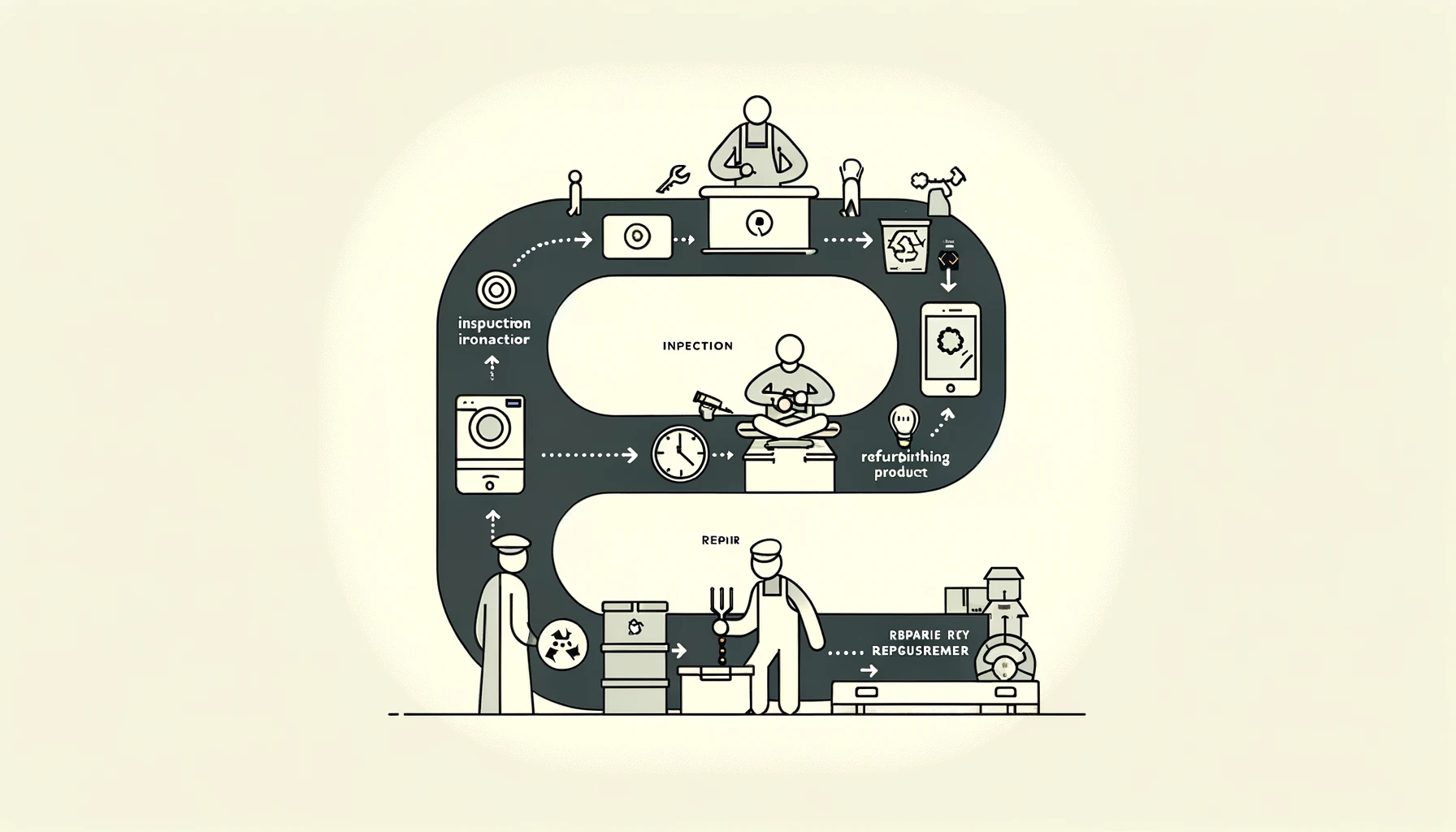Revive, a company specializing in recycling and reselling returned retail items, has seen a phenomenal growth surge over the past year. Founded with a mission to reduce waste and optimize the value of returned goods, Revive has experienced a tenfold increase in its business, making it a notable player in the retail industry’s sustainability movement.
The Surge in Revive’s Growth
In the past year, Revive’s business model has resonated strongly with retailers and consumers alike. The company’s innovative approach involves collecting returned items from retailers, refurbishing them, and reselling them at a discount. This method not only helps retailers cut down on waste and recover some of their losses but also provides consumers with quality products at lower prices. Revive’s CEO, Alex Johnson, attributes their success to the growing consumer awareness and demand for sustainable practices in retail.
“We’ve seen a massive shift in how retailers view their returns. Instead of seeing them as a loss, they’re now seeing an opportunity to drive revenue and contribute to sustainability,” Johnson said in an interview.
The Model Behind Revive’s Success
Revive’s model is straightforward yet highly effective. The company partners with retailers who supply them with returned products, ranging from electronics to apparel. These items are then inspected, repaired if necessary, and listed for resale on Revive’s online platform. By doing so, Revive helps retailers recover some of their losses from returns and reduce the environmental impact associated with discarded goods.
The key elements of Revive’s business model include:
- Inspection and Repair: Each returned item undergoes a thorough inspection and is repaired or refurbished to meet quality standards.
- Resale Platform: Revive operates an online platform where consumers can purchase these refurbished items at discounted prices.
- Sustainability Focus: The company’s operations are designed to minimize waste and promote the recycling of goods.
Market Context and Industry Impact
The retail industry has long struggled with the issue of returns, which can be costly and environmentally damaging. In the United States alone, returned goods represent over $400 billion in lost sales annually. Traditionally, many of these items end up in landfills, contributing to environmental pollution. Revive’s solution addresses both the economic and environmental challenges posed by retail returns.
The rise of e-commerce has exacerbated the returns problem, with online shopping often leading to higher return rates due to the inability to try before buying. By offering a viable solution to handle these returns, Revive is tapping into a significant market need. Their success is indicative of a broader trend toward sustainability in retail, where companies are increasingly seeking ways to reduce their environmental footprint.
From My Point of View
Revive’s approach offers a win-win solution for retailers and consumers while addressing critical environmental concerns. From my perspective, the company’s growth highlights the importance of innovation in tackling industry-wide challenges.
The main advantages of Revive’s model are clear:
- Economic Benefit: Retailers can recover some of their losses from returns, transforming what was once a financial burden into a revenue stream.
- Consumer Savings: Shoppers benefit from access to high-quality products at lower prices, promoting more sustainable consumption habits.
- Environmental Impact: By recycling and reselling returned items, Revive helps reduce the volume of waste sent to landfills, supporting environmental sustainability.
However, there are challenges and potential downsides to consider. Ensuring the quality and safety of refurbished items is crucial, as any lapses could undermine consumer trust. Additionally, the scalability of Revive’s model depends on maintaining efficient logistics and repair operations as the company grows.
In summary, Revive’s impressive growth and innovative approach to retail returns are paving the way for a more sustainable future in the industry. By transforming the challenge of returns into an opportunity, Revive is not only benefiting its partners and customers but also contributing to a larger environmental cause. As I see it, this is a promising development that could inspire further innovations in the retail sector.






